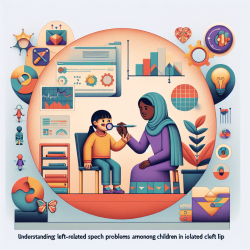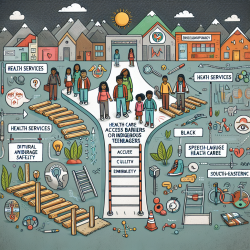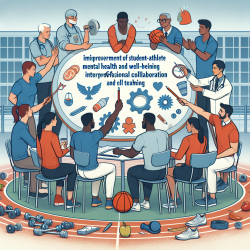As a practitioner working with children with cerebral palsy (CP), it is crucial to understand the psychosocial challenges faced by their caregivers. A recent study titled Psychosocial experiences of mothers caring for children with cerebral palsy in the eThekwini district offers valuable insights into these experiences. This blog will discuss the key findings and provide actionable steps for practitioners to enhance their support for families dealing with CP.
Key Findings
The study identified three main themes:
- The burden of care: Mothers reported significant physical, emotional, and financial burdens associated with caring for a child with CP.
- The impact on mothers: Employment difficulties, poor health, and social isolation were common issues.
- Lack of support: Many mothers felt unsupported by their social networks and healthcare systems.
Actionable Steps for Practitioners
1. Provide Comprehensive Information
Ensure that mothers receive clear, consistent information about CP, its prognosis, and care strategies. This can alleviate confusion and build trust between caregivers and healthcare professionals.
2. Develop Support Networks
Encourage the formation of support groups where mothers can share experiences and strategies. These networks can provide emotional support and practical advice, reducing feelings of isolation.
3. Advocate for Accessible Services
Work with local authorities to improve access to healthcare and support services. This includes advocating for better transportation options and disability-friendly infrastructure.
4. Implement Respite Care Programs
Respite care can provide much-needed breaks for caregivers, allowing them to rest and recharge. Promote the development of community-based respite care programs to support these families.
5. Address Financial Burdens
Assist families in navigating financial support options, such as disability grants and other resources. This can help alleviate some of the financial stress associated with caring for a child with CP.
Encouraging Further Research
While this study provides valuable insights, more research is needed to develop targeted interventions. Practitioners should stay informed about ongoing research and incorporate new findings into their practice. Collaborative efforts between researchers, healthcare providers, and policymakers can lead to more effective support systems for families dealing with CP.
To read the original research paper, please follow this link: Psychosocial experiences of mothers caring for children with cerebral palsy in the eThekwini district.










